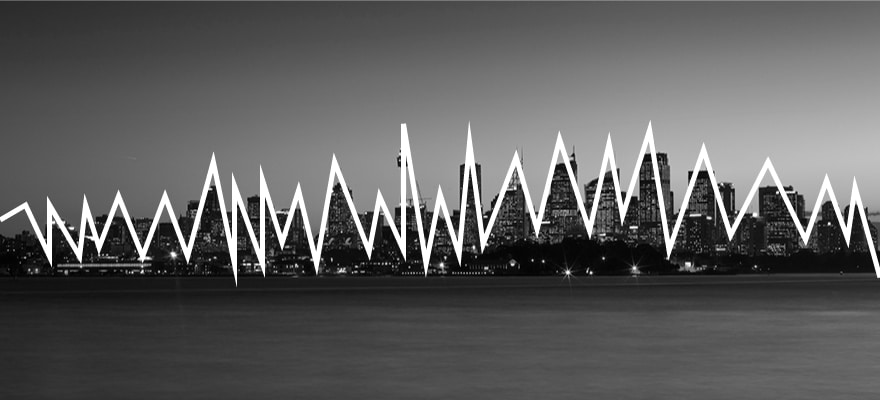The first quarter of 2018 is behind us and it’s time to draw the line for one segment of the foreign exchange industry. In this article, we will briefly discuss the performance of the major ECN venues and the shifts in growth trends throughout the first three months of the new year.
There are notable changes in the growth of this industry since the beginning of the year that started in the later stages of 2017. The (formerly known as Hotspot) and are dominating the market as trading volumes picked up massively.
Looking at all the major players in the industry that have reported their figures for the first quarter, year-on-year growth at FXSpotStream is the highest at 44 percent, followed by the CBOE FX at 42 percent. Trading at picked up by 14 percent, while unit reported a 12 percent rise.
Middle ground ECNs growing fastest
From the looks of it, size matters when it comes to growth numbers in the eFX ECN space as the two biggest players have gained the most. Notably, this data excludes EBS and Reuters, which have much higher volumes overall. In contrast to FXSpotStream and CBOE FX, whose size is hampering their growth.
The golden mid-market is providing the biggest opportunities for growth this year. The trend has shifted from last year when Fastmatch and GAIN Capital’s GTX were registering the largest gains year-on-year.
As FX volatility comes back the market is getting more saturated with larger players. They appear to have been sitting on the sidelines and awaiting the moment to come back into the market. Larger volumes have translated into bigger daily ranges across major currency pairs this quarter. All of the majors have registered a material pickup in activity.
Multi-year trend broken
The multi-year trend of a decline in FX volatility has finally been broken at the start of the new year. GAIN Capital’s CEO Glenn Stevens has been frequently pointing towards the metric during earnings calls and rightfully so. The tough days for the FX industry appear to finally be over (at least when it comes to the volatility side of things).
JPMorgan’s index measuring foreign exchange volatility has been trending lower for the past several years. The only interruptions have been associated with the so-called black swan events (i.e. SNB, Brexit, US, and less so the French elections, etc.).
With the massive pickup in volumes observed since the start of the year, we can conclude that the worst of the no-volatility days are most likely behind us (at least when it comes to this cycle).





Be First to Comment